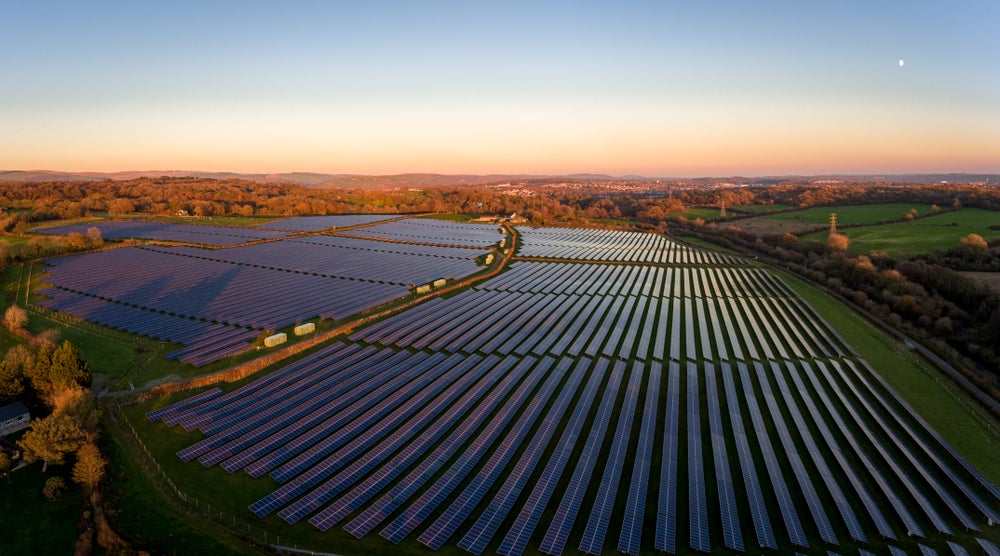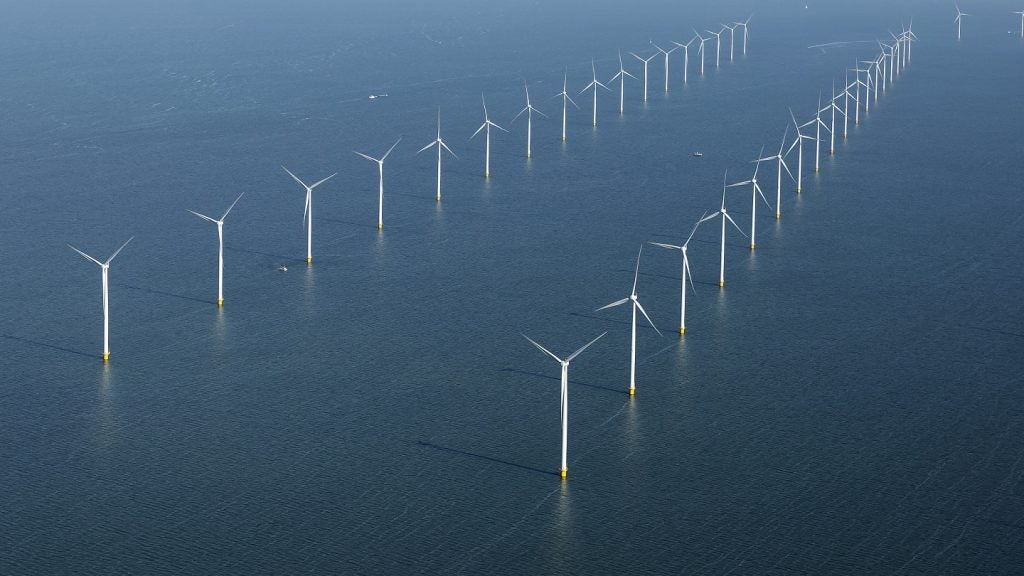
England could produce 13-times more renewable electricity than it is currently while using less than 3% of its total land mass, according to new research conducted by the University of Exeter, commissioned by environmental group Friends of the Earth (FOE).
The analysis finds that, excluding national parks and areas of outstanding natural beauty, higher-grade agricultural land and heritage sites, the country has 295,000 hectares of suitable land available for the development of solar and wind power projects.
How well do you really know your competitors?
Access the most comprehensive Company Profiles on the market, powered by GlobalData. Save hours of research. Gain competitive edge.

Thank you!
Your download email will arrive shortly
Not ready to buy yet? Download a free sample
We are confident about the unique quality of our Company Profiles. However, we want you to make the most beneficial decision for your business, so we offer a free sample that you can download by submitting the below form
By GlobalDataIf this land was utilised appropriately, new projects could generate 130,421 gigawatt-hours (GWh) of solar power and 95,542GWh of onshore wind energy, far exceeding the current land-based UK renewables capacity of 17,063GWh, the study finds.
The study emphasied that the UK needs to significantly ramp up its renewables output and scale up grid capacity if it is to meet national net-zero and climate targets. Currently, the UK has a target to cut CO₂ emissions by 68% by the end of the decade.
According to the country’s grid operator, National Grid ESO, England needs to double the amount of clean electricity it currently produces by 2030 if it is to keep pace with the global energy transition and successfully phase out fossil fuels.
So far, the country has been falling behind on climate targets. Last June, the government’s Climate Change Committee published a progress report finding that the UK had lost its leadership position in the global fight against climate change. Lack of action on clean energy, continued investment in oil and gas and ongoing use of coal power contributed to these results.
The FOE-commissioned analysis finds that if all the land identified were developed for onshore solar or wind, 2.5-times more electricity than currently required to power all households in England could be produced.
The study also added that not all of the “suitable” land identified would even be required to meet the country’s renewables targets and entirely phase out fossil fuels.
Tony Bosworth, climate campaigner at FOE, said: “Unleashing the UK’s immense potential to generate cheap, clean homegrown renewables is essential to bring down our energy bills for good and meeting the UK’s vital international target to reduce carbon emissions by two thirds by 2030.”
He added that the current Conversative government’s track record on renewables and energy security is “woefully inadequate” and has left the UK “lagging far behind the global race to a zero-carbon economy”. He called on political leaders to “pull their heads out of the sand” and produce a strong and ambitious climate plan.







